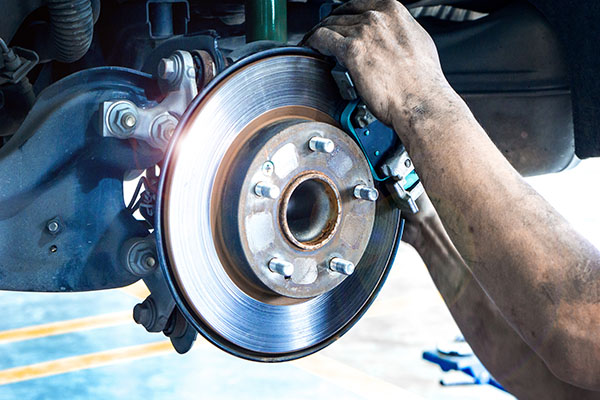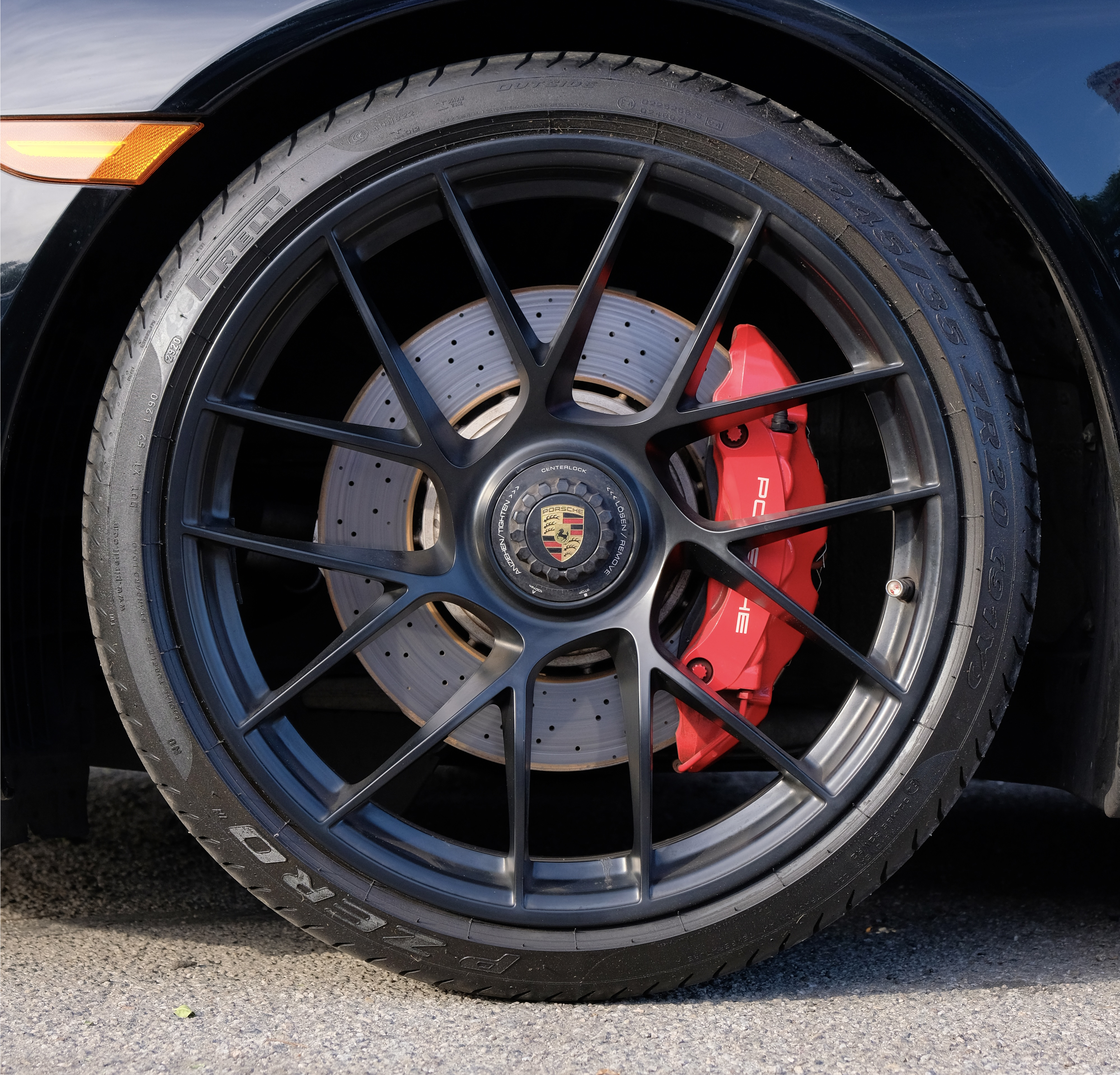Posted on 4/30/2023

When choosing brake pads for your vehicle, it's important to consider factors such as driving style, vehicle type, and intended use. Different brake pad materials offer varying levels of performance, durability, noise levels, and dust generation. But have you ever wondered what brake pads are made out of and the difference between them? If you have, make sure to continue reading because we will give you a short and simple answer below! Friction Materials The primary material used in brake pads is friction material, which directly interacts with the brake rotors to create the necessary stopping force. There are several types of friction materials, including: Organic: Organic brake pads are composed of a mixture of fibers, such as rubber, carbon, and Kevlar, combined with a binding resin. They are known for providing smooth and quiet braking performance. However, they tend to wear out faster and may produce more brake dust. Semi-metallic ... read more
Posted on 4/6/2023

One of the most common maintenance services that any car needs is without a doubt a brake job. Whether it’s changing worn down brake pads to upgrading to a performance brake system, here at Future Auto Service we have done it all on any make and model. In this Blog Post we are going to shed more light on the best way to save money on your next brake job. Franchise Service Centers might not tell you this valuable information, so stick around and find out how to get the most life out of your rotors to save yourself big money! Service Intervals of Basic Brake System Components The most basic components that you should service on your brake system consist of the brake pads, brake fluid, and brake rotors. While service intervals are dependent on your driving behavior and vehicle spec, you can expect to change brake pads every 15,000 to 30,000 miles. Brake fluid on the other hand, tends to last longer and a change is required about every two years or 45,000 miles ... read more